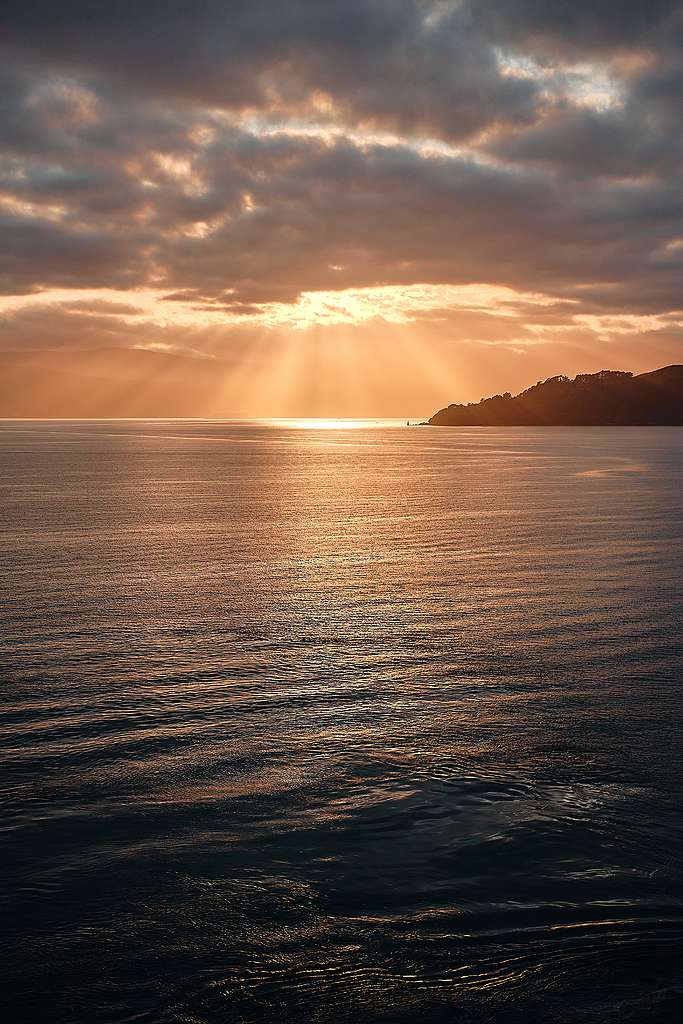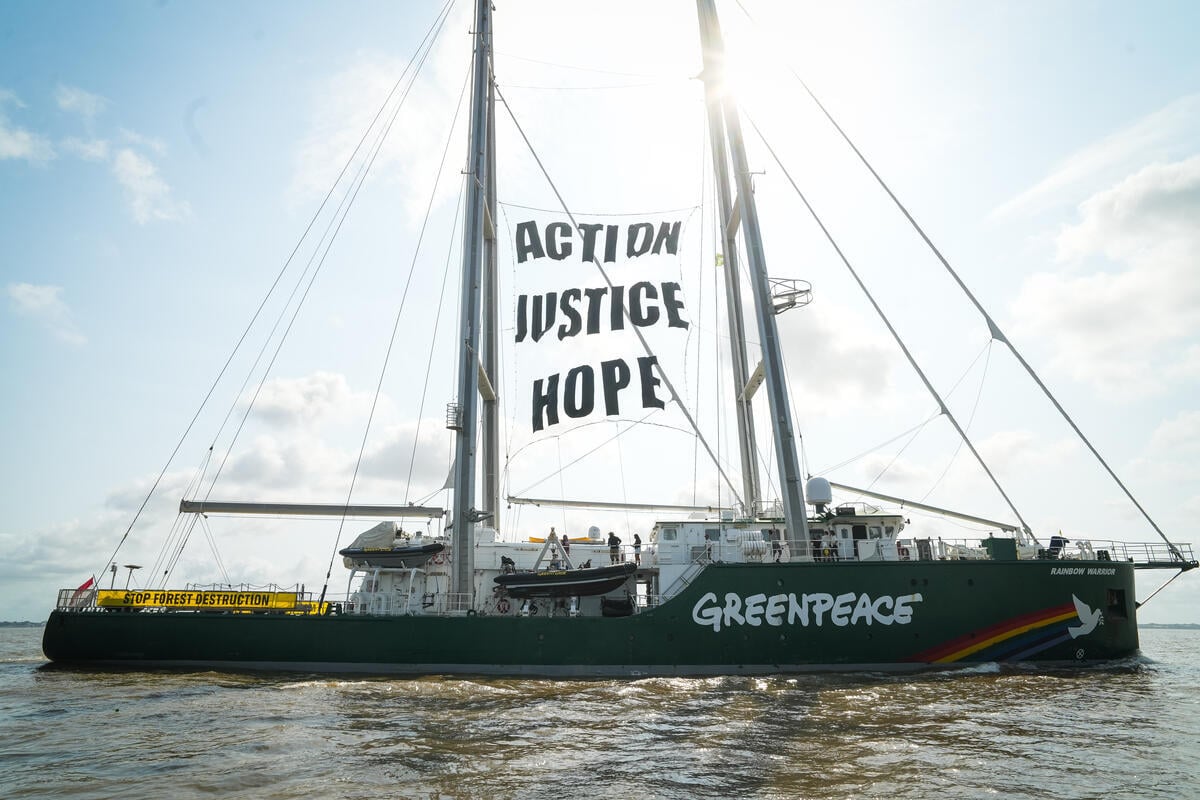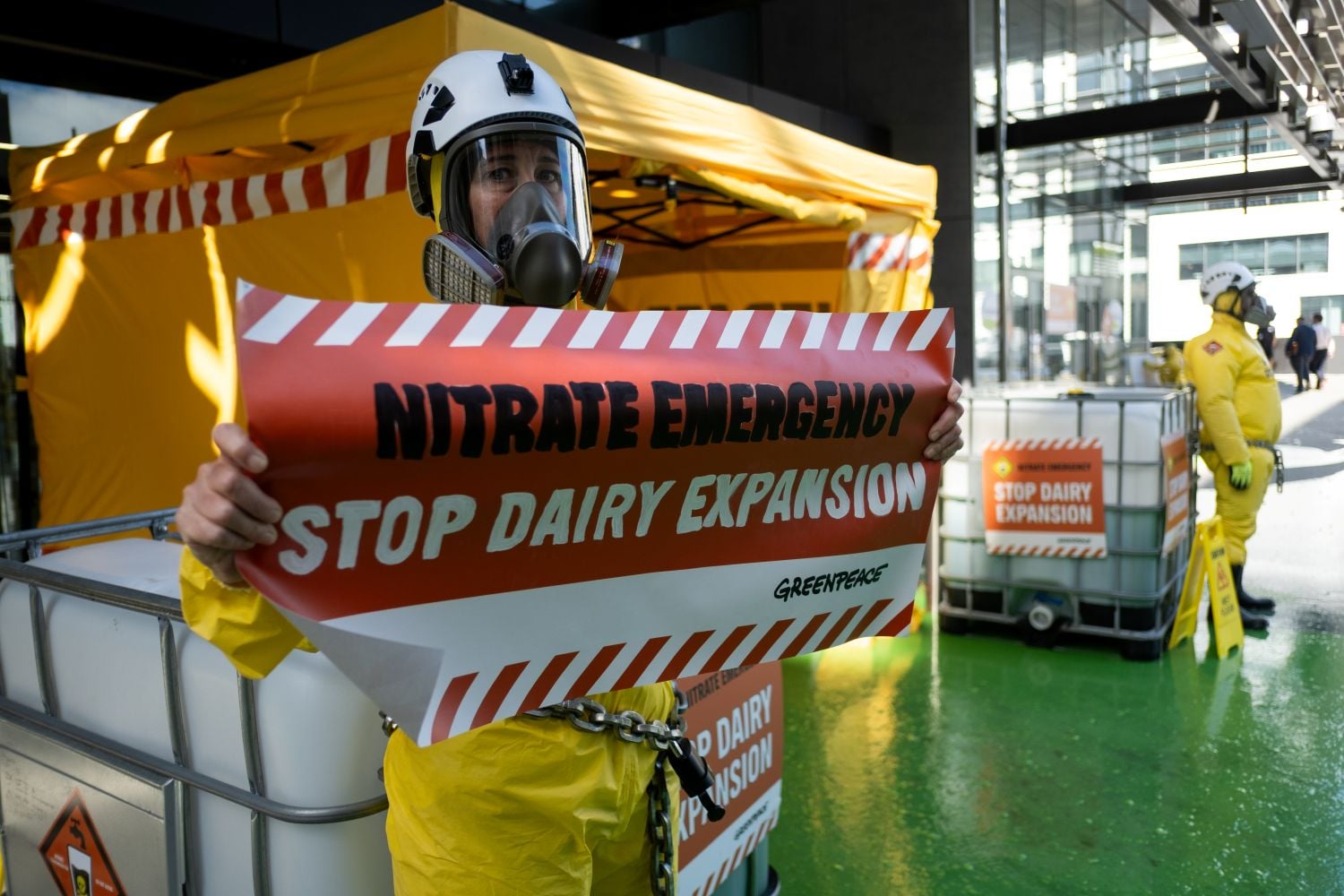There are signs in the polls that NZ may be overcoming a malaise which has beset the country for decades.
Reserve Bank Governor Adrian Orr called it the “plague of short-termism”
Colloquially it could be named “she’ll be right syndrome.” An inability or unwillingness to look beyond the day to day.
Despite the distractions of the last couple of weeks. (Is there anything more distracting and short term than a political sex scandal?)
Despite the inability of certain male politicians to be able to see beyond the end of their own (careers).
Despite all the other flibberty gibbet behaviours that come at this stage of the electoral cycle, the latest polls give some hope that there’s a developing appetite for long term thinking.
Pundits have identified the Reid sixty per cent result and the Colmar Brunton 53 per center as stamps of approval for the Government’s handling of Covid19, it could also be seen as a vote of confidence for the novel idea of politicians making a plan and sticking to it.
Hooray for that.
So along with the much vaunted and widely-reported demise of neoliberalism, Covid19 might be claiming another ideological scalp – short-termism.
Something which Adrian Orr described as “an overt focus on the next day, week or reporting cycle driven by the desire to consume at an unsustainable rate.”
By its very nature Covid19 and the lack of an end in sight, has forced politicians and policy makers to spend more time looking forward.
In 1919, British historian Halford Mackinder said democracies refuse “to think strategically unless and until compelled to do so for purposes of defence.”
The worldwide pandemic may well have breached that threshold, to an extent we are at war with the disease, and it is a conflict with no foreseeable end.
Back in 2018 Orr warned that short-term thinking could lead to economic growth coming at the expense of social cohesion, cultural acceptance and a sustainable environment.
And we’ve witnessed that last consequence, with a fundamental failure to tackle two other existential threats – the climate and biodiversity crises.
It’s not like we’re unaware or under-informed about these pressing environmental issues, or have no clue of what to do about them.
There just appears to be so little bandwidth for putting ideas into action, or turning initiatives into reality – distracted as everyone is with the short term day to day churn of politics.
The groundswell of visionary solutions that emerged in the midst of lockdown – from academics to business leaders and NGOs – is a clear sign that there is no shortage of good, evidence-based ideas. What’s missing is thoughtful implementation.
Take climate change, latest figures show that between 2007 and 2018 we only dropped climate emissions in NZ by 1.1 per cent. That’s a political failure across the board.
The Climate Action Tracker puts us along with Australia and Brazil in the “Insufficient category” i.e. if everyone was like us the world would warm by between 2 and 3 degrees.
One of the naive short termist arguments which has hindered action on climate and biodiversity is the environment versus economy fallacy. If we look after nature, the short-termists claim, the economy must suffer as a result. That it’s some sort of trade off – a zero sum game.
Critics of lockdown tried to apply the same dualistic approach to public health – well and truly losing the argument.
Public health wasn’t traded off against the economy. It was prioritised not compromised because of the long term consequences of not doing so.
As a result, New Zealand’s become a safer place than most of the world and guess what? The economy is likely to be stronger as a result.
Taking action early, as many countries with second waves of the virus are realising now, would have been a whole lot smarter, cheaper and more efficient in the long run.
The same can be said of the climate crisis. Besides, if we wait for the climate to become a short term priority it will be too late.
So where do we need to be going long term if we want to defend ourselves against climate change and biodiversity loss?
In New Zealand agriculture is our biggest climate polluter. The use of synthetic fertiliser, a potent pollutant and driver of intensive dairy farms has increased 672 per cent since 1990.
We need to ban that stuff asap and plan now for a future where NZ farming is genuinely carbon neutral and not polluting our rivers.
We need to plan long term for an evolution to regenerative ways of farming that work with the environment not against it. Greenpeace wants parties to commit to a billion dollar fund to start this.
We need to get cameras on commercial fishing boats so we can find out what’s going on out at sea to give the Government data to plan a sustainable future for our oceans.
We need to build facilities for reusing and refilling our bottles and containers to end the scourge of single-use plastic going into landfill and the sea.
We need to plan for a future that runs on renewable energy, starting by solarising 500,000 kiwi homes.
None of these things can happen while we remain mired in the world of expediency and short term thinking.
There used to be something here called the “Commission for the Future”. It last published a paper 28 years ago when Jacinda was 12.
Given how crowded our future is becoming with existential threats, perhaps it’s time to reactivate the Government think tank, to solidify this change in thinking, so we don’t go back to looking no further than the end of our noses.
There has never been a stronger mandate, or money on the table. Now is our chance.

Send a message to all major political party leaders calling on them to form transformational policy while we have the chance.
TAKE ACTION



